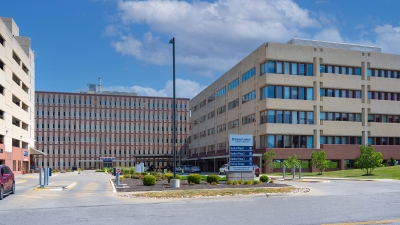Physician Practices

Saint Luke’s Urogynecology Specialists–Blue Springs
Call for hours
Showing 1 - 4 out of 4 results
Physician Practices

Physician Practices

Physician Practices


Saint Luke's is committed to improving your experience. If you have questions, please call Saint Luke's Concierge at 816-932-5100, Monday–Friday, 7 a.m.–5 p.m. In case of emergency please call 911.